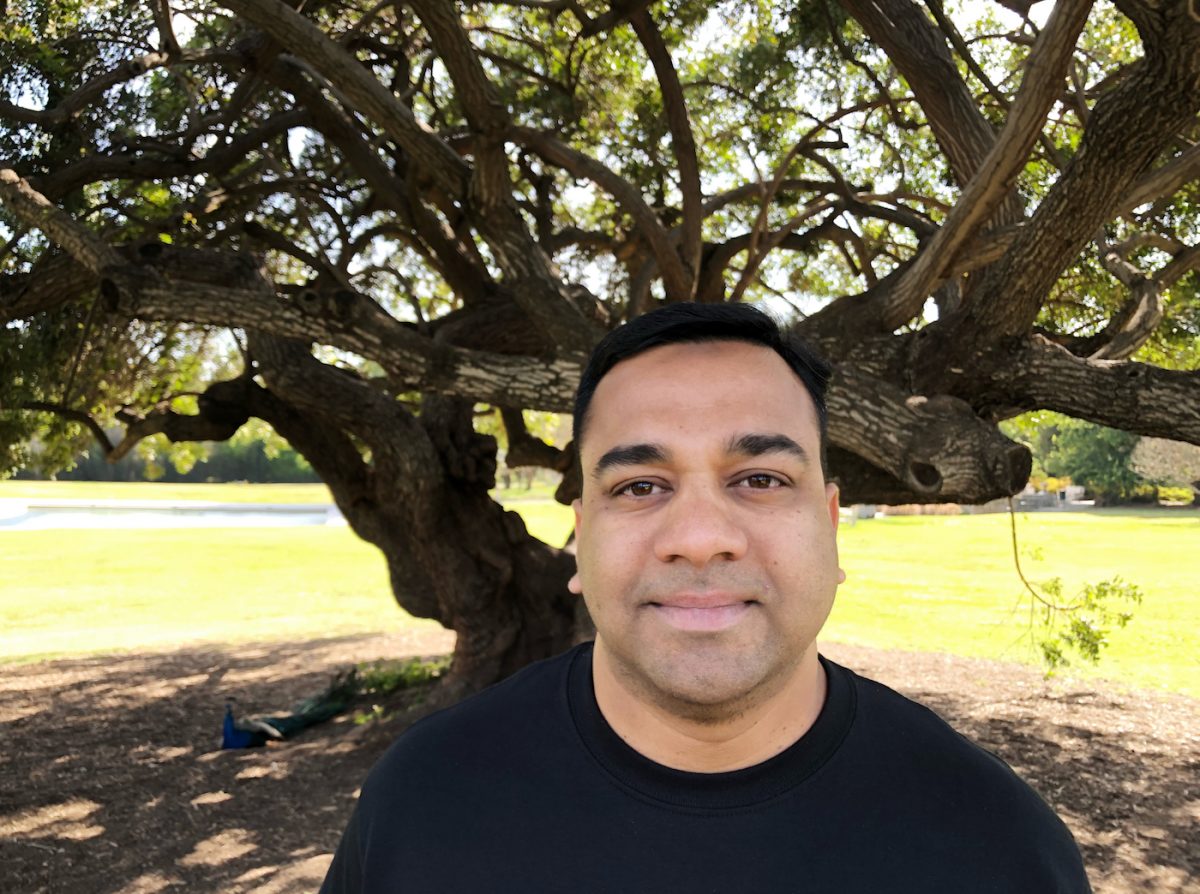Earlier this month, government officials, nonprofit professionals and donors got together at one of the most important gathering of nonprofit leaders in Saudi Arabia. If discussions there are any indication, the kingdom may be in for a major overhaul. Hosted by the Center of Excellence in Development of Nonprofit Organizations at the King Fahd University, the conference brought together ideas on how to involve the nonprofit sector in development and addressing issues of public health, education and housing- challenges that are facing the Kingdom.
There is a new momentum around nonprofit institutions in the Kingdom of Saudi Arabia, which could transform how we think of the ways in which people in the country dispense of their excess wealth. This could have implications in terms of how people think of their relationship with the state apparatus and also with each other.
What is the need for developing the nonprofit sector, where the state is so strong, one might ask? The answer to this question is both complex and multi-faceted. While there is increasing realization among the ruling class that the dependency on Oil cannot be continued forever, there is also a concurrent realization that there can and needs to be greater individual and group level participation by those who have wealth. Religious and cultural norms favor greater individual philanthropy. Nonprofits are seen as potential agents that will bring about greater civic participation – both in terms of volunteering as well as setting up institutions that address key fundamental issues. While health, housing and education sectors will need significant inputs in the years and decades to come; this stress on increased funding and efforts is being put on nongovernmental entities. A new nonprofit law is being drafted to allow for potential tax-deductibility, according to sources.
In my conversation with foundation executives and legal experts, I found that the sector leaders see a greater need for clarity on regulations. Secondly, there is also a perceived need for clarity in terms of what the nonprofit sector is supposed to do. “The government should let us work” pointed out one senior executive, pointing to the need for greater freedom of action.
Regulations are being framed and put together as we speak. This will help in framing the identity of the nonprofit sector, which will be unique to the country. While the nonprofit sector needs to borrow ideas from the rest of the world, it also needs to adapt them to the realities of life in the Kingdom. This means an intelligent and thoughtful fine-tuning of ideas, concepts that have worked for decades or even centuries in the West.
Human capacity development is another area that needs focus. While there is a huge pool of young people who are being trained in areas of public policy, nonprofit management etc. this capacity should be mentored, channeled to work in the development sector in the Kingdom. “Young people don’t see this as a stable career choice,” pointed out another senior executive. He suggested that this needs to change and the government involvement in legitimizing the sector may help.
The need for greater women’s involvement in the sector came up time and again during the three-day conference. There was a healthy participation by women in the conference and all participants – both women and men stressed women’s involvement in developing Saudi society using all tools available to the third sector.
If discussions and exchanges during the three days are any indication, then there is great momentum and energy in the country. The future of nonprofits in KSA will depend on how the government and nonprofit leaders work with each other to collaborate, create norms and a culture of mutual respect and trust in their abilities to solve social problems.
